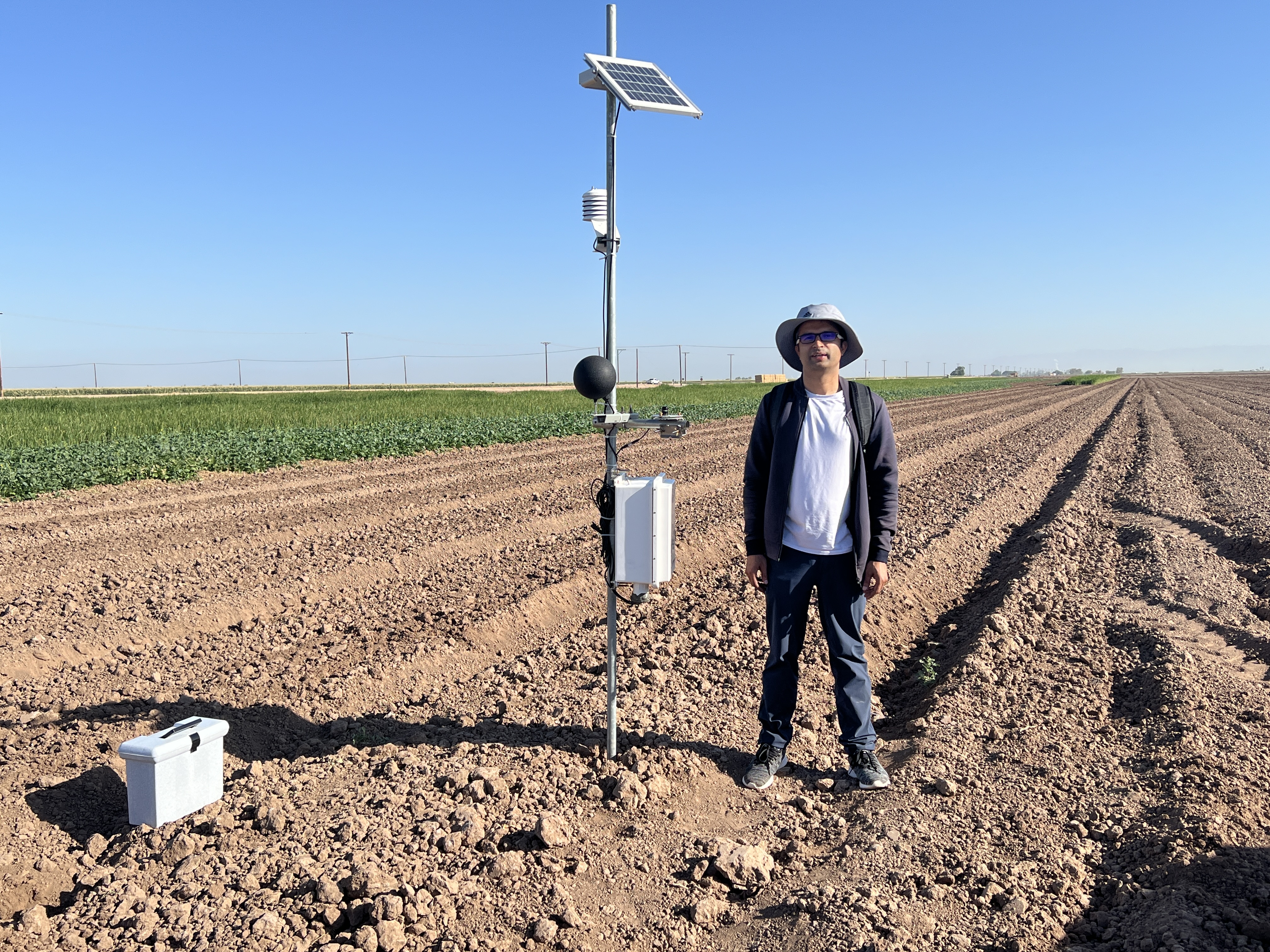I almost dozed off on a red light yesterday. What could be the reason?

I don’t turn on my A/C to save cost, energy, or environment whatever one might think of, unless it is unbearably hot. I only turn on the fan. Yesterday was not an extreme day anyway. Just a normal weather day in the upper 70s. And my car is always parked indoor whether at home or office. And I had enough rest for sure. So what else could be the reason?
May be CO? We know that exposure to carbon monoxide can make us sick and even unconscious depending upon the concentration. Where else can be its greatest risk, other than in a car?
May be Oxygen? We know that low oxygen level can also make us sick. Again, where else can it be lower than in an enclosed box? Oh sorry, I forgot about the high mountains.
May be heat? We all know this is also a possibility. We see more people dozing off in summer everywhere, even in meetings and conferences. :).
May be many of you have also experienced something similar. If it happens during a 15-minute drive, imagine what those long haul drivers have to go through, who have no choice but to drive for more than 12 hours everyday. I am 100% sure, coffee can’t solve this problem, however big your cup may be. This is especially critical in summer.
It could be any or all of the above factors. But summer heat is probably the most likely factor here.
With the above context, the question I would like to ask today is why the heat-related deaths are much higher in the developed countries than in developing regions such as Africa or India? As far as I know, the most intense heatwave in the recent history in India occured in 2015 and only about 2500 people died when the maximum temperature rose close to 50 degree celsius. In contrast, more than 60,000 people died during the heatwaves of 2022 in Europe when the maximum temperature rose to something similar.
Humidity has a role to play on heat stress, and the data from India may not be accurate for various reasons, but these factors can’t explain such an order of magnitude discrepancy.
What could be the main reason?
The answer has to lie in our modern way of life. We are spending most of our times indoor which is interfering with our body’s ability to acclimatize. We, the city dwellers, have become a new species that can only survive within a very narrow range of temperature T±ΔT.
The term acclimatization probably needs to be redefined. Traditionally, it referred to how people adapt to different climate regions based on geography. But now, because of our HVAC way of life, the exposure to high temperature is more based on indoor vs. outdoor temperatures than the temperature in region1 vs. region2.
The way we define heatwaves also needs to be reassessed. Normally, it is defined based on how far is the daily maximum temperature from the historical average value in a given location. But, with our indoor way of life, the average base temperature needs to represent our ‘indoor’ temperature where we spend or live most of our time. Obviously, it is going to be different for different people. It might even be associated with social structure and poverty level—just my naive guess.
It is not only about heat, it is also about oxygen level. Although oxygen is the most vital element of life, it’s study has received the least attention for some unknown reasons. One such eccentric study (I wonder how they received the funding) in a Journal of American Chemical Society, the oxygen level is declining in large cities globally, and that the increase in heatwave occurrence was correlated with reduced oxygen level.
Increasing number of studies are showing that air pollution, oxygen level, extreme weather events, occurrence of heatwaves, energy demand all of these are correlated. Our environmental problems have become much more complex nowadays. We need to rise above our traditional area of expertise and think differently if we want to solve these problems. We have to put all these pieces of the puzzle together to know whether the puzzle is a tiger or an elephant.
Together we can.


Leave a Reply